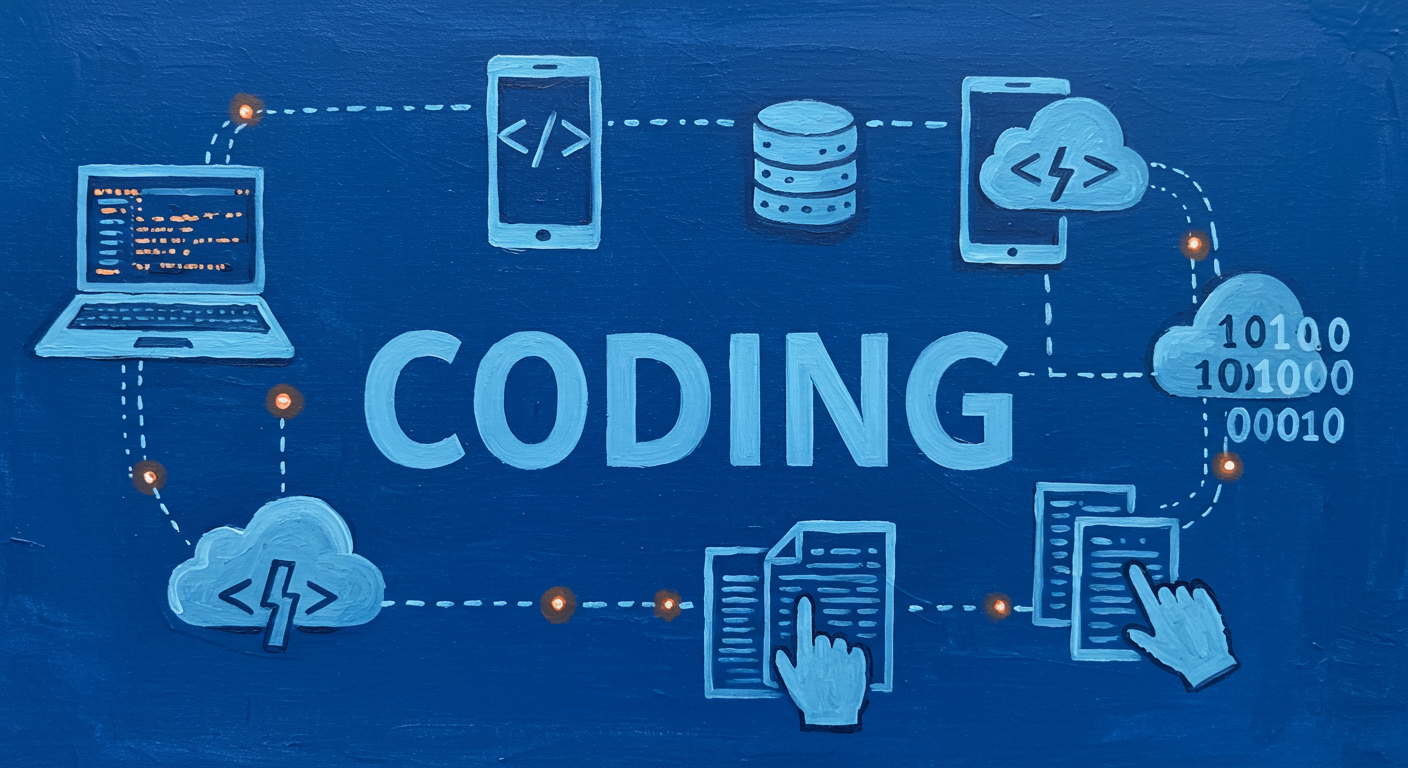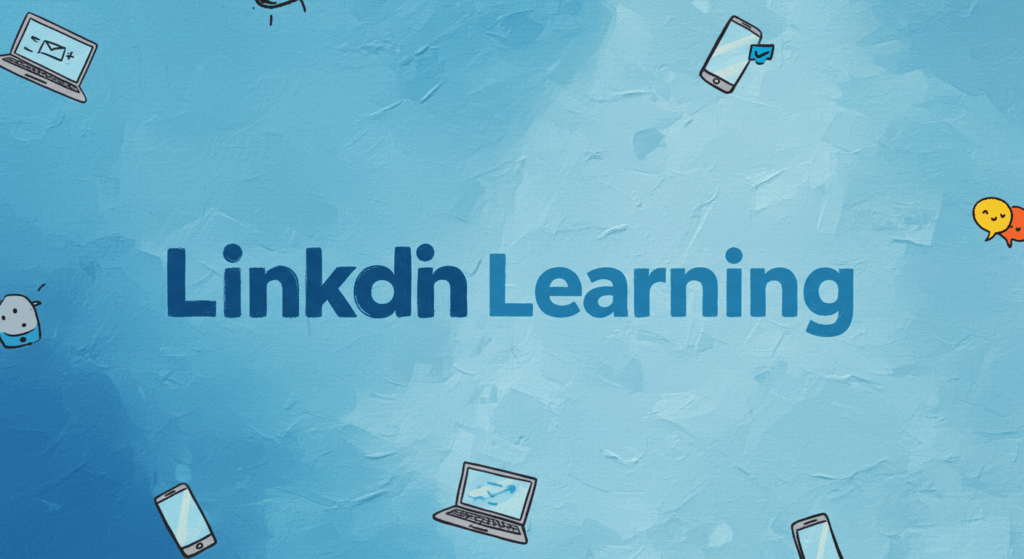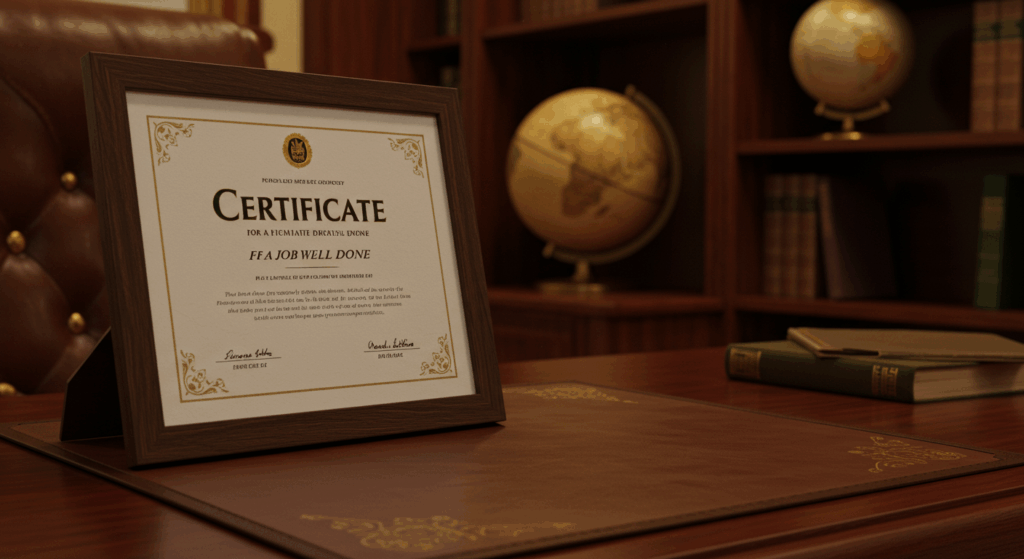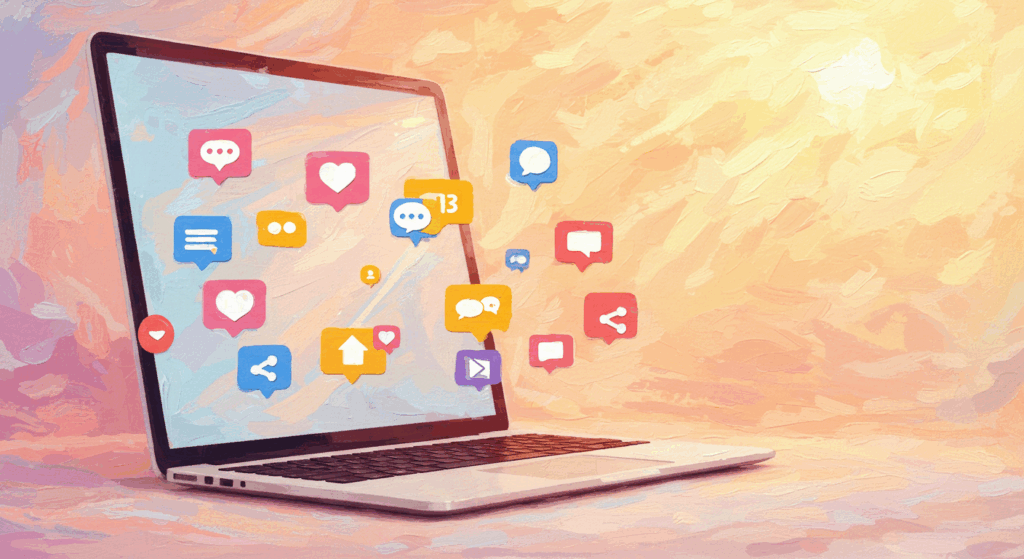So, you’ve been thinking about learning to code. Maybe it’s because you want a cool tech job, maybe you’re just tired of scrolling TikTok and thought, “yo, let me actually build something for once,” or maybe you’re hoping to make the next big app and retire early (we can dream, right?). Whatever your vibe, learning to code can feel super intimidating at first. Like, everyone’s throwing around words like “Python” and “JavaScript” and “APIs” as if it’s just casual small talk, while you’re sitting there wondering if your laptop is even powerful enough to keep up.
Don’t stress. I’m here to break it down in the most beginner-friendly way possible—without the overwhelming tech jargon that makes you want to slam your laptop shut. Think of this as me texting you a crash course on coding basics while we wait for our UberEats order. Chill, conversational, but still packed with info that’ll actually help you Level Up Your Skills.
Why Even Bother Learning to Code?
Okay, let’s be real for a second: coding isn’t for everyone. But if you’re curious about it, there are a few good reasons why giving it a try makes sense:
- Job opportunities – Tech jobs pay pretty well (like, “Jobs That Pay and Don’t Suck”-level well). Even if you don’t want to be a hardcore software engineer, coding helps in fields like marketing, design, and even project management.
- Freedom – Coding gives you the power to build stuff instead of waiting around for someone else. Want your own website? You could pay $500+ to a freelancer… or just learn the basics and do it yourself.
- It’s kinda fun – Once you get past the “omg why isn’t this working???” phase, coding is like solving little puzzles. It scratches the same itch as gaming—except you’re creating, not just playing.
Plus,, knowing how to code is a bit of a flex. Saying “oh, I built this app over the weekend” hits different on a date compared to “I binged 12 hours of Netflix.”
What Even Is Coding?
If you’re brand new, here’s the simplest way to think about it: coding is just telling a computer what to do using a language it understands. That’s it.
Imagine the computer as the most literal, rule-following friend ever. You say, “Hey, make me a PB&J.” A human would know you mean “grab bread, spread peanut butter, spread jelly, put them together.” A computer? It’d just stare at you until you break it down step by step:
- Take one slice of bread.
- Spread peanut butter on slice.
- Take another slice.
- Spread jelly.
- Put slices together.
That’s coding. You’re just writing instructions in a way the computer gets.
Picking Your First Language
Here’s the fun part: there are a ton of programming languages. Like, way too many. But you don’t need to learn them all—just pick one to start. Here are the most beginner-friendly ones:
- Python – The GOAT for beginners. Super readable, used everywhere (AI, data, web apps). If coding were food, Python is like pizza. Everyone likes it.
- JavaScript – Runs on basically every website you’ve ever used. If you wanna make interactive websites or apps, this is the one.
- HTML & CSS – Okay, technically not “real” programming languages, but they’re how you build and style websites. Like the bread and butter of web design.
- Scratch – A block-based language for kids, but hey, no shame in starting simple if you want to build confidence.
Pro tip: Don’t overthink it. Just pick one (Python is a safe bet) and start. Switching later is easy once you’ve got the basics down.
Setting Up Your Coding Space
Alright, so you’ve decided on a language. Now what? You need a place to actually write and run code. Thankfully, it’s not as complicated as it sounds:
- Text Editors: Think of these like fancy Notepad apps for coding. VS Code is the most popular—it’s free, lightweight, and has tons of extensions.
- Online Platforms: If downloading stuff feels too extra, sites like Replit or Codecademy let you code straight in your browser.
- Command Line: This is where you’ll eventually type commands like a hacker in a movie. Scary at first, but lowkey fun once you learn.
Core Concepts You Gotta Know
Coding isn’t just typing random stuff until it works (though it sometimes feels that way). There are a few universal concepts you’ll see in every language. Let’s run through the essentials:
Variables
Think of variables like little storage boxes. They hold info you can use later. Example in Python:
name = "Alex"
age = 23
print(name, age)
Boom. The computer remembers your name and age and spits it back out. Easy.
Data Types
Not all data is the same. Some is text (strings), some is numbers (integers), some is true/false (booleans). Computers need to know the difference.
Example:
is_hungry = True
pizza_slices = 8
my_name = "Taylor"
Conditionals (If Statements)
This is the “choose your own adventure” part of coding. You tell the computer: if this happens, do this. Otherwise, do that.
if pizza_slices > 0:
print("Yesss, dinner is saved!")
else:
print("Sad, time to order more.")
Loops
Loops are for when you want something repeated without typing it a million times.
for i in range(5):
print("Coding is cool")
This prints “Coding is cool” five times. Simple, but super powerful.
Functions
Functions are like reusable recipes. You give them ingredients, they spit out results.
def greet(name):
return "Hey " + name + "!"
print(greet("Sam"))
Common Beginner Mistakes (And Why They’re Totally Normal)
Learning to code means messing up. A lot. That’s not a bad thing—it’s literally how you learn. Here are some classic “beginner oopsies”:
- Typos – Computers are picky.
Print≠print. One capital letter can break everything. - Forgetting colons or brackets – Every beginner’s rite of passage.
- Overthinking – You don’t need to know everything before writing your first line of code. Just start.
- Comparing yourself to others – Don’t do it. Everyone learns at their own speed.
Remember: even pro coders Google “how to reverse a string in Python” sometimes. The secret is, no one has all this memorized—they just know how to find answers.
How to Actually Practice (Without Boring Yourself to Death)
Let’s be honest: reading about coding is fine, but actually doing it is where the magic happens. Here are some beginner-friendly practice ideas:
- Tiny projects – A calculator app, a to-do list, or even a rock-paper-scissors game.
- Code challenges – Sites like HackerRank or LeetCode give you little puzzles. Start with the easy ones.
- Build for fun – Want a random excuse generator? Or a Spotify playlist organizer? Go for it.
- Pair with friends – Coding with a buddy makes it less isolating (and you can laugh at each other’s errors).
The trick is to build stuff you actually care about. Don’t just follow boring tutorials—make it personal.
Tools That’ll Save Your Sanity
Coding can feel overwhelming, but thankfully, there are tools to help:
- Stack Overflow – Basically Reddit, but for coding questions. Yes, you’ll end up here. A lot.
- YouTube – Free tutorials that feel more human than dry textbooks.
- GitHub – A place to store your code and show off your projects. Think of it as LinkedIn, but cooler.
- ChatGPT – Lowkey great for explaining stuff when you’re stuck.
Level Up Your Skills Beyond the Basics
Once you’ve got the fundamentals, you can start branching out. Here are some paths you can explore:
- Web Development – Building websites and web apps (HTML, CSS, JavaScript).
- App Development – Making mobile apps (Swift for iOS, Kotlin for Android).
- Data Science – Playing with data, charts, and even AI. Python is huge here.
- Game Development – If you’re a gamer, this one’s obvious. Tools like Unity and Unreal let you bring your ideas to life.
At some point, you’ll realize that learning to code isn’t just about syntax—it’s about problem-solving. That’s when you really Level Up Your Skills.
The Mental Side of Learning to Code
Here’s something most guides won’t tell you: coding is as much about mindset as it is about typing. You’ll face frustration, imposter syndrome, and moments where you think, “maybe I’m just not cut out for this.” That’s normal.
Here’s what helps:
- Take breaks. Go for a walk. Binge one episode (not the whole season) of your fave show.
- Celebrate small wins. Got your first program to run? Hype yourself up.
- Remember why you started. Whether it’s a job, a side hustle, or just curiosity—hold onto that.
Wrapping It Up
Learning to code isn’t about becoming the next Silicon Valley genius overnight. It’s about curiosity, patience, and a willingness to suck at something until you get better. Start small. Make mistakes. Laugh at your typos. And most importantly—keep going.
Because here’s the thing: once you push past the early struggles, coding becomes empowering. You’ll go from feeling lost to feeling like, “wait, I actually built this? That’s kinda awesome.” And that’s the moment you know you’re onto something.
So yeah, if you’ve been on the fence, consider this your sign. Open up that laptop, type your first line of code, and just start. You’ll be surprised how far you can go when you let yourself Level Up Your Skills.









